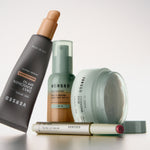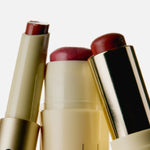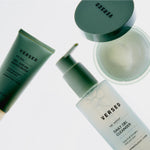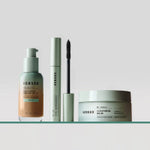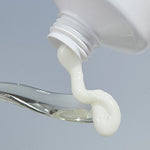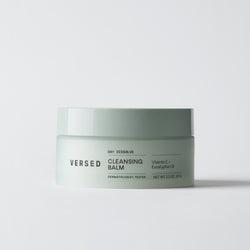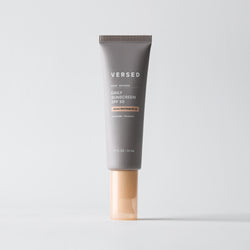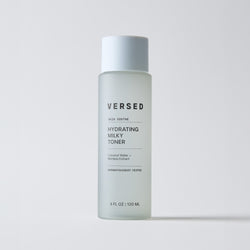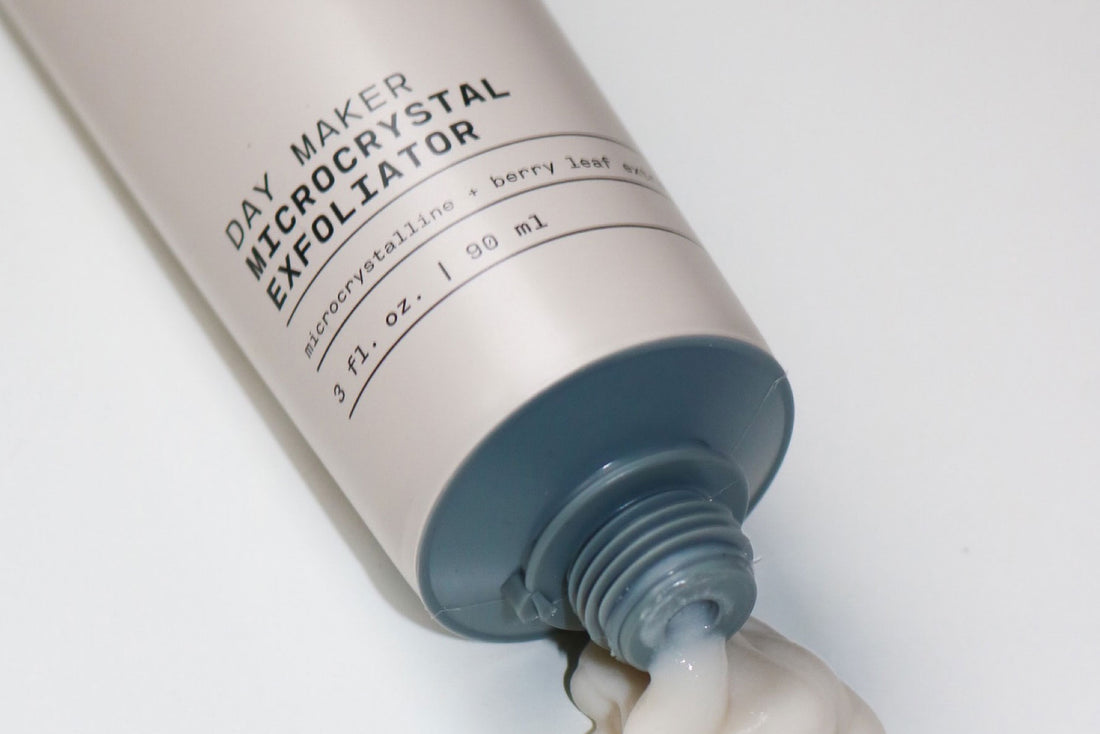The words “clean”, “organic”, and “natural” are tossed around so often in the beauty industry that they almost lose meaning after a while. The most frustrating part, though, is that no one seems to have a straightforward definition for any of them (seriously, try Googling it).
We want skincare products that are safe and effective—but how do we dig through marketing jargon to actually find them? We tapped cosmetic chemist and founder of Freelance Formulations Vanessa Thomas to help define what the terms organic, natural, clean, and non-toxic really mean when it comes to skincare. PS: They’re not interchangeable.

Natural Skincare
According to Vanessa, natural skincare is defined as using ingredients that are produced in nature (like water, a plant, or even the coconut oil found in our Keep It Supple Body Oil). "There are no regulations around the term and it is used quite loosely. Just because a company claims that their product is natural, does not mean it is made only with natural ingredients, and it does not mean that the product has been inspected, tested, or certified in any way." For example, a product can simply contain water and label it as natural, despite any other ingredients that have been added to its formula. This means that no matter how many potentially harmful or—at the very least—questionable skincare ingredients are found inside a formula, its brand can technically still call it a natural product. "Many companies use this term as a clever marketing tactic," she adds.
Plus, let's not forget that just because an ingredient is found in nature doesn't mean it's better for you or the environment (and on the flip side, a synthetic, lab-created ingredient doesn't equal toxic). Hyaluronic acid, for example, is considered a natural ingredient when it's taken from the umbilical cords of cows and horses. The synthetic, vegan version is just as effective without harming wildlife.
Clean or Non-Toxic Skincare
While the word “clean” isn’t strictly regulated either, it does carry more weight than natural. Many equate the term clean with safe cosmetics and it's often used interchangeably with the label "non-toxic". While natural skincare focuses on what's in the formula, clean skincare "focuses on what is not in the product as well as the product's environmental impact," says Vanessa. The definition, however, varies depending what each brand considers to be "clean". "Some brands will even go as far as to use minimal or biodegradable packaging for their products."
Typically, clean beauty includes a long list of “free from” ingredients: toxins and questionable ingredients the products are formulated without, like sulfates and parabens. Unlike natural and organic, clean beauty doesn’t shy away from synthetic (or lab-created) ingredients—as long as those synthetic ingredients are safe. And since the FDA has only banned 11 chemicals in cosmetics, it’s up to brands (and consumers) to define clean for themselves.At Versed, we formulate every single product to the the European Union standard (the highest one). Our entire lineup is vegan, certified cruelty-free, and made without fragrances, dyes, and 1,350 other ingredients that have questionable data when it comes to the health of our skin, body, and planet. Read our entire"No List" of ingredients here.
